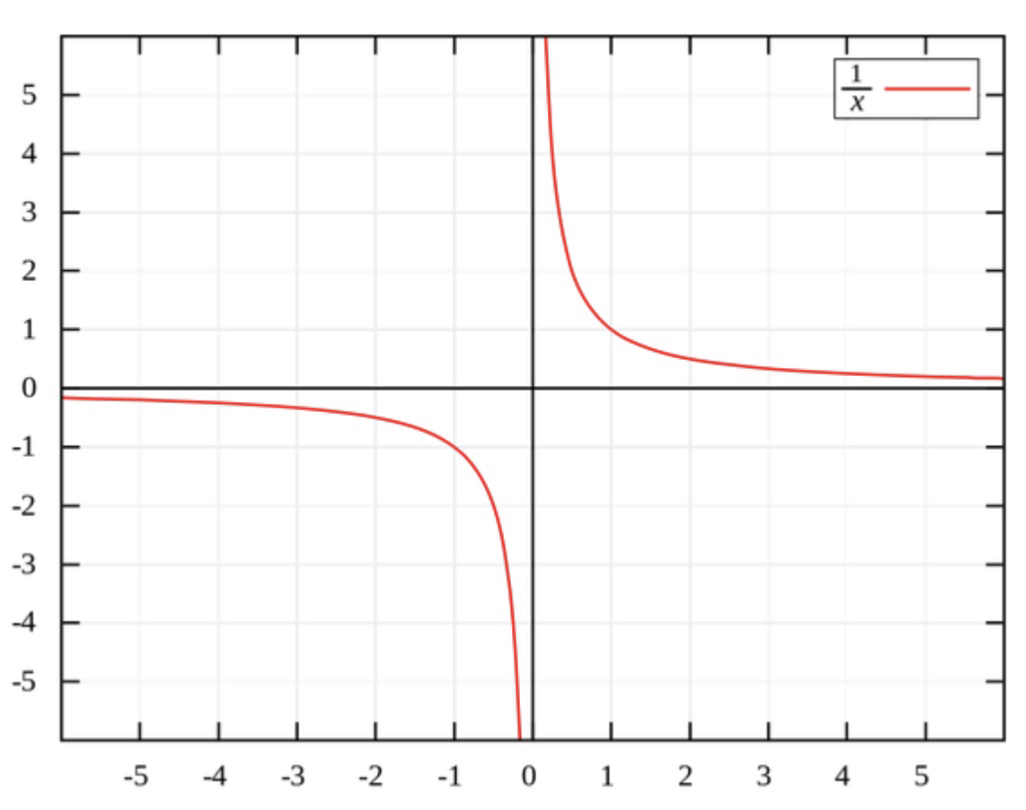

Same. It was a shock to me reading all the replies of people not just turning down the master volume. Usually there is a button on you keyboard specifically for that!


Same. It was a shock to me reading all the replies of people not just turning down the master volume. Usually there is a button on you keyboard specifically for that!


You’re mixing up the Fermi paradox and the Drake equation.
Assuming you meant the Drake equation, more than half of the variables we have absolutely no statistical basis to decide on a fraction. Obviously they are non-zero, but they could be extremely improbable. We only have one example of intelligent life developing radio communications. Any estimate of a statistical likelihood of that using Earth as an example is meaningless without other examples.
Some pessimistic estimates give solutions as small 9.1 x 10^-13 which indicates we would be alone.
The Fermi Paradox riffs on the optimistic answer to Drake’s Equation. If other intelligent life is a certainty, why haven’t we found them yet?


engineerguy (Bill Hammack) is a great channel where Bill explains all kinds of different things.


These are so cool! Do you have a link to buy?
Edit: Found them! These are crimpless solder sleeves. Crimpless Solder Sleeve Heat Shrink Variety Kit - 90 Piece


Print this out for him: https://xkcd.com/627/


Everyone should learn the basics of troubleshooting!
When trying to resolve a problem it’s really important to keep as many variables under control as possible so that you can find the root cause and fix it.
I see lots of people who try a bunch of things without isolating the issue first but can’t figure out what is wrong. Then because they messed with it so much it’s almost impossible to figure out.
This is important for car maintenance, home maintenance, electronics, computers. Just about everything that can break or stop working right in your life.


Relevant username?


Keith David makes a great Vice President too: https://saintsrow.fandom.com/wiki/Keith_David
His breakdown of Wozmon was my introduction to him. He is incredibly good at explaining and breaking things down. I was riveted when I started watching.
8-Bit Guy is great. Love his deep dives on how older technology works.
Ronald Finger AKA Fingerprints Workshop
His videos on restoring a 1985 Fiero got me hooked. His video subject matter and editing style are interesting and fun.


It is undefined because the inverse of division is multiplication. If you multiply by zero, every answer is zero. If you try to invert that operation you can't know which number was multiplied by zero to get zero because multiplying by zero doesn't produce a unique answer for each operation.
Additionally, if you take the limit of 1/x as x approaches zero from the positive side the result approaches positive infinity. If you take the limit from the negative side it approaches negative infinity.

An interesting thing to think about is whether multiplication by zero really makes much sense in the concrete world. You can't really have zero groups of something or some number of groups of zero. Zero groups of anything is still nothing. We can think of that abstractly once we have the abstract concept of numbers, but in the real world that idea is nonsense.


Recently dealt with this. Save all your tabs as bookmarks, then import to Firefox. Open all bookmarks. Delete chrome.


Toothpaste. Generics are awful.


A Wrinkle in Time and The Green Book were my first introduction to Sci-Fi books, but I was well versed in movie sci-fi by then.


What is consciousness in this context though? What do you mean by "a bit of?" Are atoms only partially experiencing being atoms?


I don't think this is true. Most philosophers agree to define consciousness as what it is like to be something, or the act of experiencing.
If you experience things, you are conscious.


Can you provide a panpsychist definition of consciousness? I had a hard time finding an actual definition in searching. I understand the idea that panpsychists believe that mind is a fundamental part of reality, but haven't seen a solid definition of consciousness in that context.
Also are you on the Panexperientialism or Pancognitivism bandwagon? Or maybe both?
Edit: From plato.stanford.edu I found this, but it is attributed to analytic philosophy:
"something is conscious just in case there is something that it’s like to be it; that is to say, if it has some kind of experience, no matter how basic."


This is the hottest question in theory of mind right now thanks to David Chalmers. It's called the Hard Problem of Consciousness and it's about connecting the reductionist view of the brain's function with the first-person experience of consciousness.
I think that any explanation of consciousness completely from "the outside" will result in not being able to quantify the experience part of it. Any explanation completely from "the inside" will eventually run into the same issues as empiricism where it will be limited by subjectivity. I think that fundamentally we can't rigorously combine these two views because they aren't compatible. The starting points for each view carry different base assumptions.
Both may be true from within their perspectives but combining them is basically just stating that a subjective experience "maps" to a physical function. There isn't any explanatory usefulness of mapping. It doesn't explain why the subjective experience is there just that it happens when these other physical things happen. I'm not sure we'll find an answer that truly resolves the hard problem, but we're still trying.
Exceed is still the only program that handles graphically intense Unix X11 sessions properly for Windows machines. It’s still not great though.
Some of us still have to slog through old CAD applications that have long been abandoned.